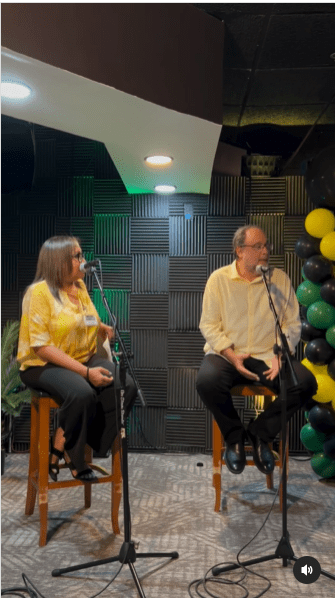Opposition Leader Mark Golding’s Visit to the Diaspora in America
Opposition Leader Mark Golding recently concluded his visit to the diaspora in America. This visit marked an important milestone in fostering better relationships between our homeland and the diaspora community.

Purpose of the Visit
The main objective behind Golding’s visit was to strengthen the ties between the diaspora community in America and their roots back home. It aimed to understand the challenges faced by the diaspora and explore opportunities for better integration and cooperation.
Meetings and Discussions
During his visit, Golding had constructive dialogues with several influential community leaders. These meetings were centered around topics such as – cultural development, economic cooperation, and social integration. These discussions provided valuable insights into the diaspora’s viewpoints, aspirations, and challenges.
Mark Golding participated in the Education Week and discussed significant query about the People’s National Party (PNP)’s strategy to address the widespread migration of valuable teachers.
Outcome and Next Steps
As a result of this visit and extensive discussions, several strategic steps have been proposed that will be beneficial for both the diaspora and our homeland. These include cultural exchange initiatives, cooperation programs in the field of education and technology, and measures to increase the diaspora’s participation in developments back home.
Mark Golding discussed what they described as the crumbling infrastructure of the healthcare system.
According to Golding, the repair of Cornwall Regional Hospital has been grossly mismanaged. What started out as $2 billion renovation project over 7 yrs ago remains incomplete and has ballooned into something upwards of $21B.
He articulated that the fundamental elements of care, such as securing a bed and the waiting time to see a doctor, are grossly neglected by the existing system. He vehemently argued that there is an urgent need to allocate resources for the enhancement of facilities. This improvement is crucial to support individuals in the diaspora who harbor concerns about receiving adequate healthcare.
The visit also highlighted the immense potential the diaspora holds. Above all, Golding’s visit served as a reminder that even while residing miles away, the diaspora is an integral part of our cultural and social fabric.
